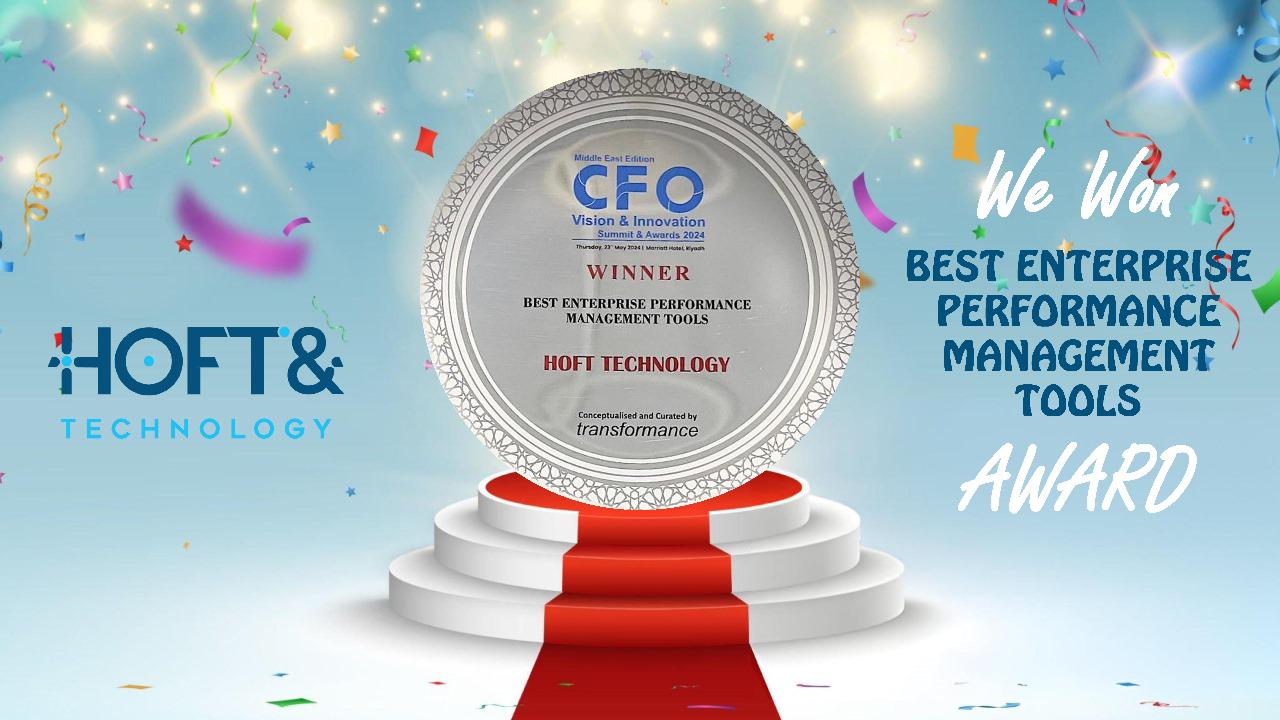Finance Digital Transformation: Increasing the Value of the Finance Function

The current business environment is uncertain and ever-changing. New risks can blindside business leaders and force the organization to rethink existing business models. Disruption can come in many forms, causing financial, regulatory, and organizational strain.
To increase their value to the organization, finance functions of all sizes must adapt to the changing needs of the enterprise and deliver insights instead of reports, analysis instead of processes, and opportunity instead of only compliance.
INTRODUCTION
The business landscape today is anything but predictable. With the rapid pace of change, businesses are continually confronted with new risks that can force a re-evaluation of existing models. Disruption, whether financial, regulatory, or organizational, can significantly impact operations. In this environment, the finance function must evolve to remain relevant and add value.
The Role of Finance in Modern Businesses

Traditionally, finance was seen as the department responsible for managing the books and ensuring compliance. However, the modern finance function has evolved into a strategic partner that drives business decisions. Finance teams are now expected to provide insights that go beyond numbers, helping to shape the company’s strategy and future direction.
Challenges Faced by Finance Functions
Finance functions today face numerous challenges. Financial disruptions can arise from market volatility, regulatory changes can impose new compliance requirements, and organizational changes can create internal turmoil. One of the most significant challenges is ensuring that finance transformation projects deliver the expected benefits. According to Gartner, over 70% of these projects fail because they focus too much on one enabler of transformation, typically technology, while neglecting other critical aspects.
Adapting to Changing Needs
To stay relevant, finance must shift its focus from merely producing reports to delivering actionable insights. This means placing a greater emphasis on analysis and identifying opportunities rather than just ensuring compliance. By doing so, finance can better support the organization’s strategic objectives and help navigate through periods of disruption.
The HOFT Approach to Finance Transformation
HOFT Consulting is at the forefront of helping finance organizations maximize their resources and become more effective partners to the business. By driving decision-making through key performance indicators (KPIs) and core metrics, HOFT ensures that finance teams are not just keeping score but actively contributing to the company’s success.
Enabling Positive Change Amidst Disruption
Whether it’s a major transaction like a merger or acquisition, a financial restatement, rising costs, implementing a new system, or a change in leadership, finance transformation is crucial. Such events often serve as catalysts for change, and having a robust transformation strategy can turn these challenges into opportunities for improvement.
Holistic Transformation Approach
A successful finance transformation requires a comprehensive approach that addresses all aspects of the organization:
Mindset
Leadership Team Mindset
Aligning the leadership team's vision with the transformation goals.
Finance Team Mindset
Ensuring that the finance team embraces the changes and is committed to the transformation.
Alignment of Mindset/Culture
Creating a unified culture that supports the transformation.
People
Organizational Discipline
Establishing clear roles and responsibilities to foster accountability.
Role Clarity
Defining roles and ensuring that everyone understands their responsibilities.
Span of Control and Layers
Optimizing the organizational structure to enhance efficiency.
Process
Ownership and Governance
Implementing robust governance frameworks to oversee processes.
Standardization and Automation
Streamlining processes to eliminate redundancies and enhance efficiency.
Close Process Acceleration
Reducing the time it takes to complete financial close processes.
Data
Data Structure and Hierarchies
Organizing data to ensure it is accessible and useful.
Reporting and Analysis (KPIs)
Leveraging data to generate meaningful insights.
Data Governance/Cleansing
Ensuring data integrity and reliability
Technology
End-to-End Solution Integration
Integrating systems to create seamless workflows.
Evaluate System Effectiveness
Regularly assessing technology to ensure it meets the organization's needs.
Data/Metrics Visualization & AI-Based Analytics
Using advanced tools to visualize data and generate actionable insights.
Opportunities for Improvement
There are numerous opportunities for improving the finance function, starting with aligning the leadership and finance team mindsets to ensure a unified approach to transformation. Clear organizational discipline and role clarity are essential for maintaining order and accountability.
People Dimension
Organizational discipline is crucial for a smooth transformation. By defining clear roles and responsibilities and optimizing the span of control, finance teams can operate more efficiently and effectively.
Process Dimension
Robust ownership and governance frameworks are necessary to oversee finance processes. Standardizing and automating these processes can significantly enhance efficiency, while accelerating the financial close process reduces delays and improves accuracy.
Data Dimension
Organizing data structures and hierarchies ensures that information is readily accessible and useful. Effective reporting and analysis, underpinned by solid data governance, enable finance teams to provide meaningful insights.
Technology Dimension
Integrating technology solutions end-to-end creates seamless workflows and improves efficiency. Regularly evaluating system effectiveness ensures that the technology continues to meet the organization’s needs. Advanced tools for data visualization and AI-based analytics can transform how finance teams operate, turning data into actionable insights.
The HOFT Way
HOFT Consulting partners with organizations to redesign their finance strategy, processes, and supporting technology. This comprehensive approach ensures immediate and lasting value. By engaging virtually every aspect of finance operations, HOFT creates custom solutions that help organizations build value-driven finance functions.
Financial Triage
In times of urgent need, financial triage addresses immediate tactical requirements. This includes managing transaction activity, capturing and transferring critical knowledge, assessing gaps in key finance processes, and standing up FP&A processes to meet immediate demands.
Core Process Optimization
Improving core operational processes is essential for long-term success. This involves optimizing record-to-report, order-to-cash, and procure-to-pay processes, as well as expanding the effectiveness of FP&A functions.
Strategic Finance
Maturing the finance organization involves focusing on strategic areas such as delivery model and organizational design, talent management and retention, technology enablement, and data governance. By becoming a more strategic partner, the finance function can drive greater value for the organization.
Conclusion
Finance digital transformation is no longer optional; it is a necessity in today’s fast-paced business environment. By adopting a comprehensive approach that addresses mindset, people, process, data, and technology, organizations can ensure that their finance functions add significant value. If you’re ready to embark on this transformative journey, reach out to Hub of Finance Transformation (HOFT) Consulting. We are here to partner with you, whether through in-house workshops or our Consulting services, to help you achieve a world-class finance function.
FAQs
Finance digital transformation involves leveraging technology and modern practices to enhance the efficiency and effectiveness of the finance function, enabling it to provide deeper insights and drive strategic decisions.
Finance transformation is crucial because it allows finance functions to adapt to changing business needs, improve efficiency, and provide valuable insights that support strategic decision-making.
The key challenges include excessive focus on technology, resistance to change within the finance team, lack of clear roles and responsibilities, and inadequate data governance.
HOFT Consulting provides a holistic approach to finance transformation, addressing all critical dimensions such as mindset, people, process, data, and technology to ensure comprehensive and lasting improvements.
A value-driven finance organization can provide actionable insights, drive strategic decisions, improve operational efficiency, and enhance the overall performance of the business.



